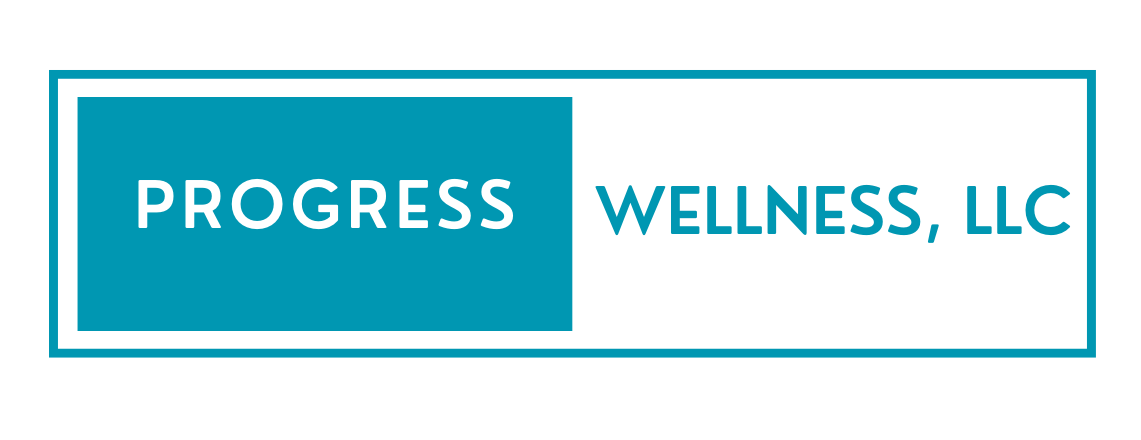Note, it’s helpful to practice these skills even when you don’t need them, so when you actually start feeling anxious, you know exactly what to do.
1. Journaling can be a wonderful practice, so have a journal and a pen on hand for when you feel anxious or you can use a journal app on your phone as well. When we feel anxious, our thoughts can race or get stuck in our minds, making it difficult to let go of them. Other times, we may fall into thinking about events that made us feel bad or create events that we fear could happen in the future. Journaling is a way to let out those thoughts and put space between you and your anxiety. Writing things down can help you to look at your thoughts by actually seeing them on the page. This allows you to create a dialogue between you and whatever is causing your anxiety. Making these thoughts visible helps you to remember them so that you can analyze them and replace them with more helpful thoughts and action steps. Just like Dumbledore’s Pensieve from Harry Potter, where he would put his wand to his head and out would come a memory and then he would file it away to look at later, journaling can help you to do that too. This strategy to pull out thoughts and worries from your mind and put them in the visible form helps you to see your situation and your feelings more clearly. This frees up your mind to move into problem-solving mode.
2. Hold something cold in your hand for what I call a “brain break” coping skill. Go to the freezer and grab an ice cube. Hold the ice cube in one hand over the sink. See how long it takes you to notice that you are not able to have any thoughts other than “my hand feels so cold!” Flip the ice into the other hand and notice that experience. As one hand starts to thaw out, the other one gets cold. Maybe you notice where the water melts in your hand actually feels warmer than where the ice is sitting. Then, when you can’t take it anymore, toss the ice in the sink. Holding something cold forces us out of our head (stops ruminative, racing thoughts that are anxiety-driven) and into the moment (where your entire attention is on your hands), giving your brain a break from whatever stress you are swept up in. Sometimes, after tossing the ice into the sink, that “brain break” allows you to regroup, think more clearly, and ask yourself more positive questions, such as “Is what I am thinking helpful? Can I do anything about this now?”
3. Make a playlist of songs that you like that evoke calm, hopeful, happy, or peaceful feelings. Play it regularly such as on the way to work, school, or home, at lunchtime, at night before bed, or at the gym and connect with the music and its calming effects. Then, anytime that you feel anxious, or when you can predict/fear that you may feel anxious, you can press Play and know that you have this remedy set to go.
4. Get enough sleep to counteract your anxiety. Instead of counting sheep, which is difficult to do when your mind is racing at night, try thinking of your favorite recipe. Start by listing out all the ingredients in your mind. Where do you find the items in the market? Think about all the steps you take to make the dish. Anytime you find your mind wandering off to anxiety-land, bring it back to where you left off with your dish. If you do not enjoy cooking, another option similar to this is to imagine you are taking a trip around the world. Where would you start and what places would you see? Where would you stay? What kinds of venues would you like to eat at, shop at, or visit? What would you do in each country and city? Again, if your mind wanders off to anxiety-land, do your best to catch it and bring it back to where you left off. This can feel like a tennis match at times, where just as you bring your attention back, it’s off on the other side of the court. However, like with most things that we put time into, the more we practice, the better we become. Practice increases the chances of this coping skill being successful.
5. Shift your focus outward. When feeling anxious, you might feel your heart pound and your thoughts race. You may feel frozen in place while everything around you starts speeding up. The more we focus our attention on these symptoms, the more anxious we can become. This is when moving your attention from what’s happening inside your body and mind to what’s happening around you can be very helpful. So look up from where you are and name 5 things that you can see, 4 things that you can hear, 3 things that you can touch, 2 things that you can smell, and 1 thing that you enjoy. Doing this can force our mind into the present moment, allowing our brain to slow down, and our heart rate to calm down. This can give you the mental space to think more clearly, and separate from your anxiety messages.
I hope these suggestions are helpful to you. If anxiety is interfering with your well-being, please feel free to contact me to schedule a consultation at Angela@ProgressWellness.com.
